Culture
The definitions of what is culture may change but the practice of understanding, and unpicking cultural history is an important dimension to understanding any historical period. In this section articles explore the way that definitions of culture have changed and how those changes have affected values and attitudes. The impact of the written word on fashions and ideas and the role of historic movements such as the renaissance are all addressed in this section.
Sort by:
Date (Newest first) | Title A-Z
Show:
All |
Articles |
Podcasts |
Multipage Articles
-
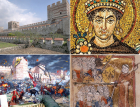
Planning a more diverse and coherent Year 7 curriculum
ArticleClick to view -
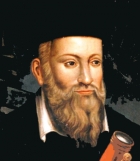
Podcast: End of the World Cults
ArticleClick to view -

Polychronicon 119: The Second World War and popular culture
ArticleClick to view -

Polychronicon 120: The past as analogy in popular music
ArticleClick to view -
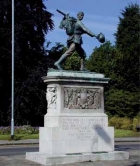
Polychronicon 134: The Great War and Cultural History
ArticleClick to view -
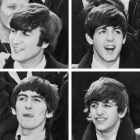
Polychronicon 136: Interpreting the Beatles
ArticleClick to view -

Polychronicon 160: Interpreting 'The Birth of a Nation'
ArticleClick to view -
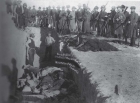
Polychronicon 173: From American Indians to Native Americans
ArticleClick to view -

Protestantism and art in early modern England
ArticleClick to view -

Puritan attitudes towards plays and pleasure in the Age of Shakespeare
ArticleClick to view -

School History Scene: the unique contribution of theatre to history teaching
ArticleClick to view -
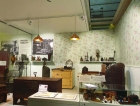
Triumphs Show 176: Using material culture as a means to generate an enquiry on the British Empire
ArticleClick to view -
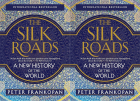
Triumphs Show: Embracing scholarship to guide Year 7 on an exploration of the Silk Roads
ArticleClick to view -
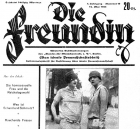
Triumphs Show: Recovering the queer history of Weimar Germany in GCSE history
ArticleClick to view -

Unnatural and essential: the nature of historical thinking
ArticleClick to view -

What Have Historians Been Arguing About... migration and empire
ArticleClick to view -

What Have Historians Been Arguing About... youth culture?
ArticleClick to view -

William Morris, Art and the Rise of the British Labour Movement
ArticleClick to view -
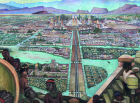
Year 7 challenge stereotypes about the Mexica
ArticleClick to view -

Year 7 use oral traditions to make claims about the rise and fall of the Inka empire
ArticleClick to view

